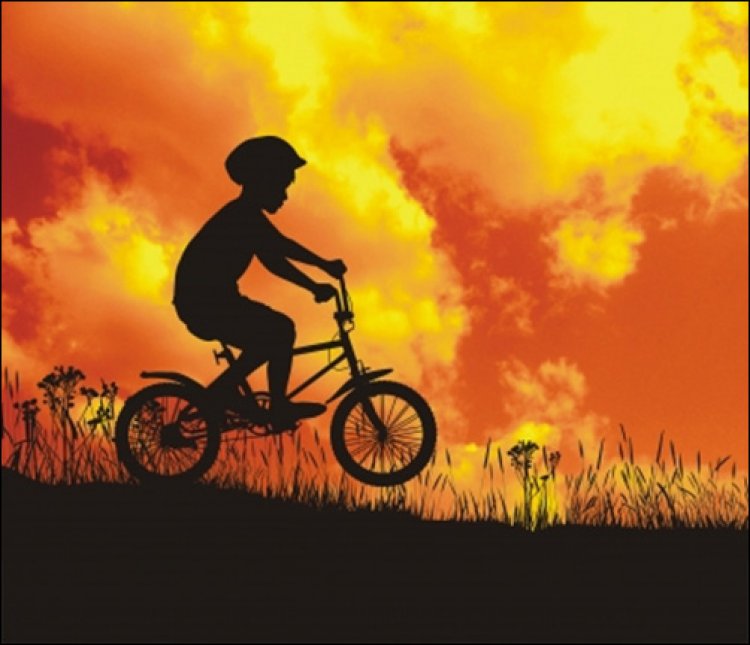Probably everyone reading this article can ride a bike. In my neighborhood riding a bike was a rite of passage, a means of transportation, and a symbol of freedom. People from all walks of life and economic backgrounds know how to ride bikes. You might call it a universal success story of learning. And once you know how to ride a bike, you never forget.
What explains the success of this nearly universal skill acquisition? And what can these answers teach us about other kinds of learning?
1. We start out expecting to fall and don’t allow fear to crush our hopes.
How often in business do we hesitate to take a risk, even when the rewards make themselves apparent? Because we fear failure? The loss of face? Rejection?
2. When we fell, we got up and got right back on that same bike.
No one had to teach us goal-setting, role clarity, or accountability. We knew what we had to do and realized no one else could do this for us. Our knees, and no one else’s, would be the ones to smart if we fell. We persisted in the face of adversity and learned something with every new attempt. We sought success, not perfection. We never blamed the bike nor insisted that the bike change. No one had to teach us a “can do” attitude. We believed in ourselves and didn’t seek approval; we sought success—the objective arbiter.
3. We got feedback from a trusted advisor who knew how to ride.
4. We didn’t question that person’s motive; we just listened and adjusted.
Imagine the changes we could make if we sought mentors and trusted advisors in our professional lives and found someone who could teach us the organizational equivalent to bike-riding.
5. Kids felt an obligation to teach other kids the skill.
I learned to ride on my girlfriend’s bike. Janet lent it to me and even recruited her own father to help me since mine was out of town on the critical launch day. We met our self-imposed deadline, even though I had neither my own equipment nor parent involved.
6. Once we mastered the art, we developed muscle memory and unconscious competence—the ability to do something without thinking about it.
Each day we execute countless skills because of muscle or mental memory. We don’t need an instruction manual to brush our teeth, make coffee, or take a shower. If we did, we’d never get out of the house. How many similar skills do we fail to master in our professional lives—skills that would streamline our lives and reduce our labor intensity?
Once mastered, bike-riding skills opened the doors for other possibilities. Learning to ride fast, take the turns, and balance others on your handle bars immediately followed the initial skill acquisition. No one developed an action plan or accountability chart. We knew what had to be done and did it every day it didn’t rain.
Even if you haven’t ridden in decades, every person reading this believes he or she could get on a bike right now and ride successfully. We have no fear of failure because we don’t expect any. Want to create a culture that is characterized by learning and innovation? I have a feeling you already know how.








